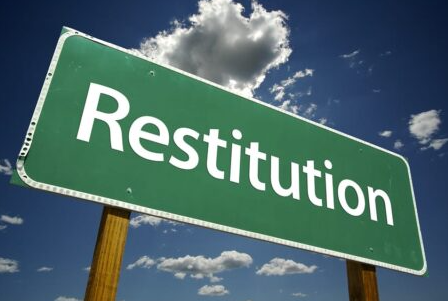Last week, Mr. Sam Amuka came to Abuja. I met him in the company of Alhaji Samaila Isa Funtua, and as has become norm, when two or three people meet today, we discussed the state of our country. Uncle Sam re-iterated fears about the deep chasm in perspective, between North and South.
My experience of the past several weeks, since I started writing for this newspaper, convinces me of just how deep the suspicions and prejudices are and how little the knowledge is, about the hopes, fears and aspirations on both sides of the divide.
The responses to my piece last week, advising dialogue with the BOKO HARAM militants, were indicative of the prejudice and little knowledge. I anticipated some argy-bargy, but not rude abuses. Some called for my arrest as a defender of the group, while one even hoped he could get the opportunity to kill my entire family.
I opened the website which uploaded the sordid video of the extra-judicial executions of unarmed individuals by members of the Nigerian security forces in 2009, in the crackdown on BOKO HARAM, and Mr. Amuka was shocked because even he had never seen those pictures before.It is interesting that people accept that anti-state groups in the South fight for just causes, but refuse to understand that there is also an issue of struggle against injustice at the heart of the emergence of BOKO HARAM or other proto-religious movements in Northern Nigeria.
The other platform is to interprete the emergence of these militant formations as an expression of conspiracy against Goodluck Jonathan’s emergence as president, trailed as ever by demands for “restructuring” and “Sovereign National Conference”, as if tinkering with the political structure of the country will somehow result in improvements which must really be sought at the level of the political economy (Neoliberal capitalism is not working and it will not!).
A lot is wrong
A lot is wrong in our country; let us be clear about this. And as I also pointed out in our discussion, this is a very young country, with over 70 percent of our population under the age of thirty. The majority of our population was born during military dictatorship and has grown up within the deprivations and violence which have characterised Nigerian life in the past three decades.
The political economy has been unfair to the young: no jobs and no hope in our Hobbesian jungle, where life is nasty, brutish and short! Anger is central to consciousness today, just as much as knowledge of phenomena has declined considerably.
Young people have no economic means to travel within and around their country; are sometimes justifiably scared to travel (not to mention the crisis of infrastructure) or are locked into the prejudices constructed within geo-cultural surroundings that they know, often within one state or region of the country. It is amazing to recall that I started travelling alone on trains, from the age of eight and I have had the privilege of extensive travel around Nigeria already, by the age of twenty-one. That is not the situation with today’s 21 year old!
I think that one of the great issues we must confront is the collapse of the teaching of history in our school system. The right to write our history was one of the major gains of the anti-colonial struggle. When pioneer historians like Professors Kenneth Dike and Cheikh Anta Diop started out in the 1940s, their works opened up access to the oral traditions of our peoples as legitimate sources for writing history.
Nigeria’s rich history
Our historians also discovered the rich writings of the jihadist scholars in Northern Nigeria and others in what used to be known as the Western Sudan (Bilad as-Sudan). No longer were Africans out of the stream of human history, as Hegel had infamously declared in the Nineteenth century! Up to the mid-1980s, the works of Abdullahi Smith, Ade Ajayi, Obaro Ikime, Bala Usman, Ade Obayemi, Toyin Falola and so on, were still available to assist our understanding of the building blocks of our history.
That is no longer the case; even as an academy subject, history has become considerably endangered in the school system. But more than ever before, these are times to teach history and I even go far to say that history should be compulsory for every student, no matter the field of study.
I have no delusions that history is also a contested terrain and a locus of struggle for meaning, especially in a period of crisis. But it is better to struggle over historical interpretation than to wallow in philistine prejudice about ourselves and our country.
Platform for capabilities
My premise of appreciation of Nigeria is that we are saddled with a very irresponsible ruling class; the choices made have not favoured national development and for too long, the corruption of the ruling class has gone hand-in-hand with its inability to rise up to the challenges of being a nation-building class; yet ours is a country with tremendous possibilities for change and liberation.
A liberated Nigeria will offer the platform to free the capacities of our people to build a great country and in the process create new chapters of history.
These hopes are comforting enough for me to continue to love our country with a passionate intensity. It is this love that makes me write each week.


